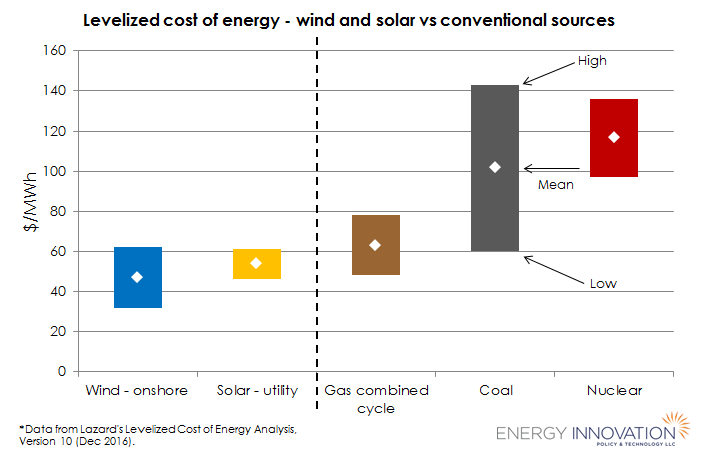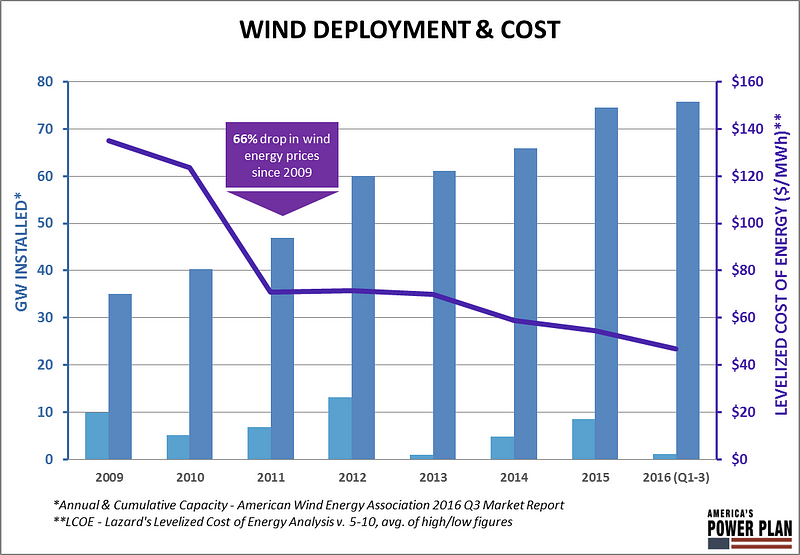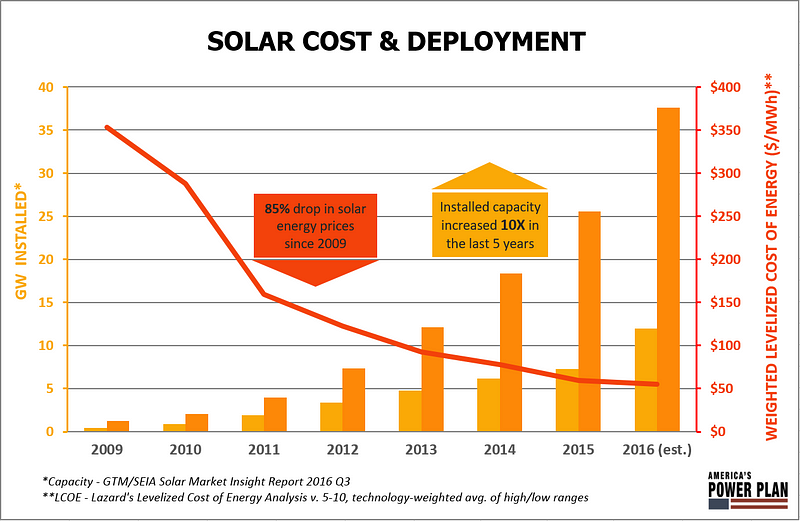danielpalos
Diamond Member
- Banned
- #41
attention deficit disorder, much?The rationale for that public sector income transfer and subsidy, is included in our Constitution.Nobody said they did. the rationale for that public sector income transfer and subsidy, is included in our Constitution.The socialism of the law.
To promote the progress of science and useful arts, by securing for limited times to authors and inventors the exclusive right to their respective writings and discoveries:
A legal monopoly is a form of subsidy since it may be used to generate capital.
patents may or may not be cost competitive; but, a legal monopoly ensures capital can be generated.
the subjective value of morals has no bearing on the science of economics. full employment of resources is what a first world economy should always be about, since we can never compete with merely, cheap labor.
ensuring money circulates in our private sector can help eliminate business cycles. how is that bad for any private sector?
fiat money can be printed at an official Mint, almost as if by magic. its use, is as a medium of exchange.
A legal monopoly is a form of subsidy since it may be used to generate capital.
A legal monopoly doesn't keep prices low.
full employment of resources is what a first world economy should always be about,
Thanks for admitting that your stupid idea to subsidize unemployment is not what a first world economy should be about.
ensuring money circulates in our private sector can help eliminate business cycles.
Subsidizing non-productivity will not help eliminate business cycles.
Yes, it is. And, it is why no one takes the right wing seriously about economics. Moving the goal posts is a function of Government.
Nobody said they did.
Great, so we agree a patent is not a subsidy.
Yes, it is.
Prove it.
And,
To coin money, regulate the value thereof, and of foreign coin, and fix the standard of weights and measures:
What transfer and subsidy are you talking about? Be specific.
To promote the progress of science and useful arts, by securing for limited times to authors and inventors the exclusive right to their respective writings and discoveries:


